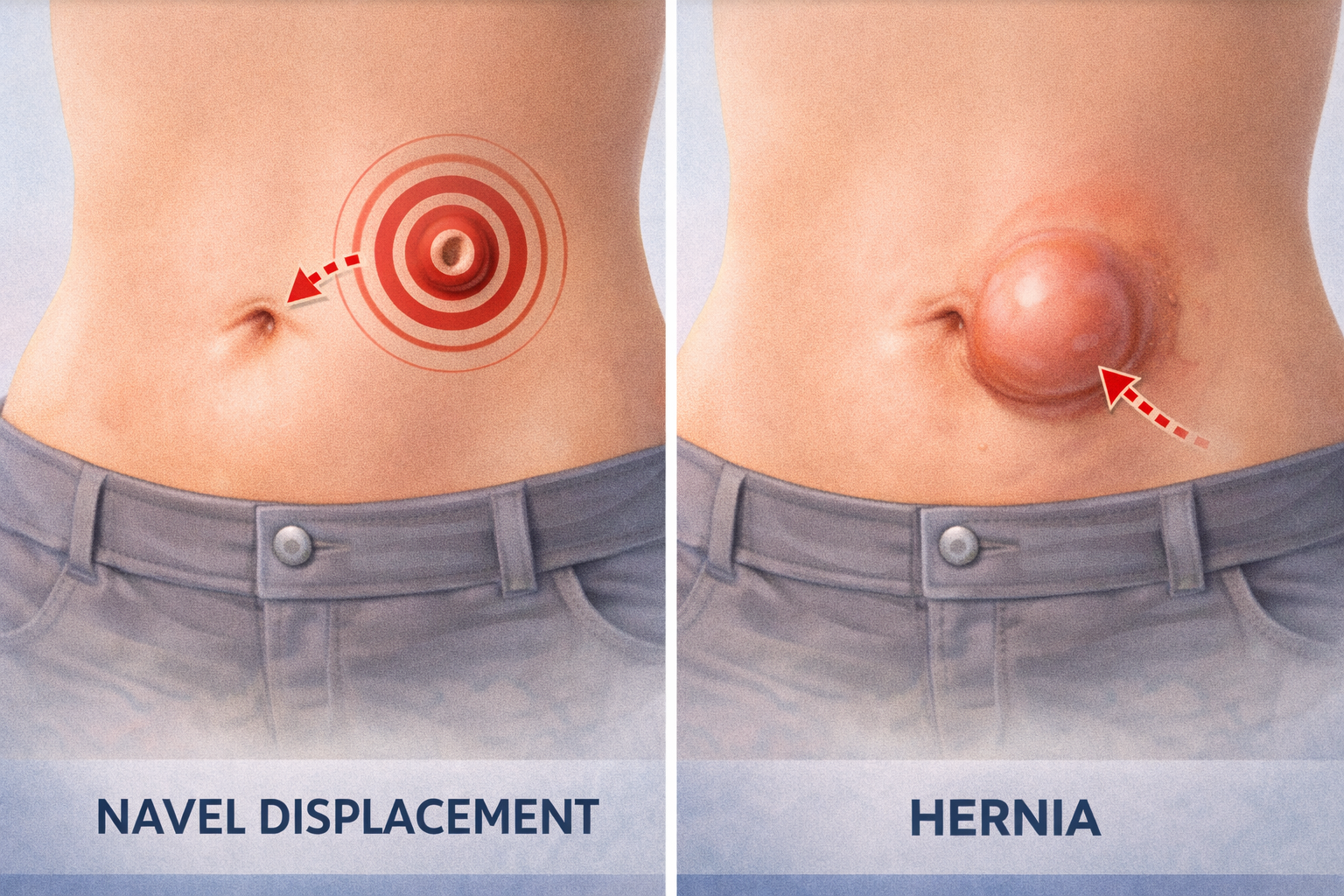Top 5 Myths About Frozen Shoulders You Should Give Up Believing
Medically called adhesive capsulitis, a frozen shoulder results in a reduced range of motion, discomfort, and stiffness in the shoulder joint. Though it’s a prevalent problem, many misunderstandings about it can result in wrong treatment. These are the five most common misconceptions regarding frozen shoulder you ought to avoid believing.
Discover the truth behind the Top 5 Myths About Frozen Shoulders! Don’t let common myths stop your recovery. Learn the facts and find the best Frozen Shoulder Treatment in Gurgaon to heal faster and live pain-free. Get expert care and start your journey to better health today!
First myth: frozen shoulders only affect elderly people.
Many individuals think that only those over forty suffer from frozen shoulders. Although it is more common in this age range, frozen shoulder can strike anyone at any age—including younger people. Whatever age, factors including diabetes, thyroid problems, and shoulder injuries can raise the risk.
Myth 2: The Only Fix Is Surgery.
Another frequent misunderstanding is that a frozen shoulder cannot be treated except with surgery. Most of the time, in fact, non-surgical approaches—physical therapy, stretching exercises, anti-inflammatory drugs—manage things well. Usually, surgery is only thought about after conservative therapy fails after some time.
Third myth: rest is the finest course of action.
While relaxation can help control pain, extended inactivity can actually aggravate the disease. To keep joint mobility, the frozen shoulder responds well to light movement and stretching activities. Complete immobilization could cause more stiffness and slow down recovery. Using suitable exercises catered to your situation, a physiotherapist can help you.
Myth 4: Frozen Shoulder Will Disappointingly Go Away Without Treatment
While a frozen shoulder may finally go away on its own, this can take months or even years, and without treatment, the healing process can be far more difficult. Early diagnosis and aggressive therapy help to speed up recovery, lower discomfort, and increase shoulder function.
Fifth myth: only the shoulder joint is impacted.
Though many believe frozen shoulder just affects the shoulder joint, the disorder can also cause neck and upper arm pain. The pain and stiffness could radiate and cause misinterpretation or underestimation of the degree of the problem.
Getting Professional Assistance
See a physiotherapist in Gurgaon if you have shoulder discomfort or stiffness; it can make all the difference. Expert physiotherapists may create individualised treatment regimens including manual therapy, exercises, and modalities to improve rehabilitation for those living in Gurgaon.
FAQs About Frozen Shoulder
Why does one get a frozen shoulder?
Often related to diabetes, shoulder injury, or extended immobility, it is brought on by inflammation and thickening of the shoulder capsule.
Recovering from a frozen shoulder takes what length of time?
The degree and the treatment method will determine if recovery takes one to three years.
Is the shoulder frozen uncomfortably?
Indeed, it can be really painful, particularly in the early phases; pain often gets worse at night.
After therapy, may the frozen shoulder return?
Indeed, even though it is unusual, good rehabilitation lowers the chance of recurrence.
Should I consult a doctor for a frozen shoulder?
See a doctor right away if you have ongoing shoulder pain and stiffness that gets worse over time.














Post Comment